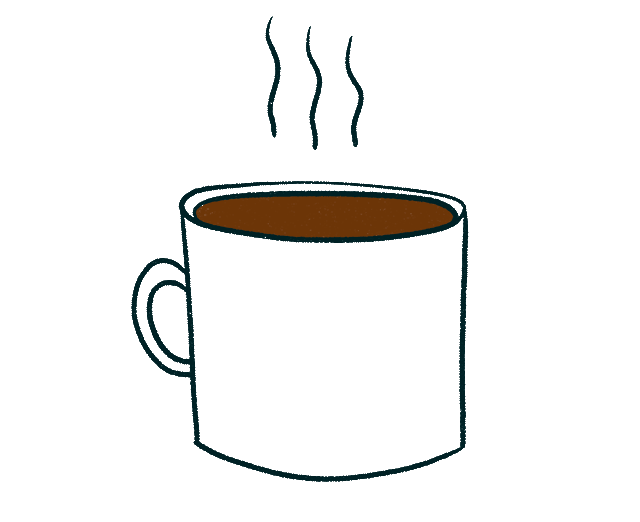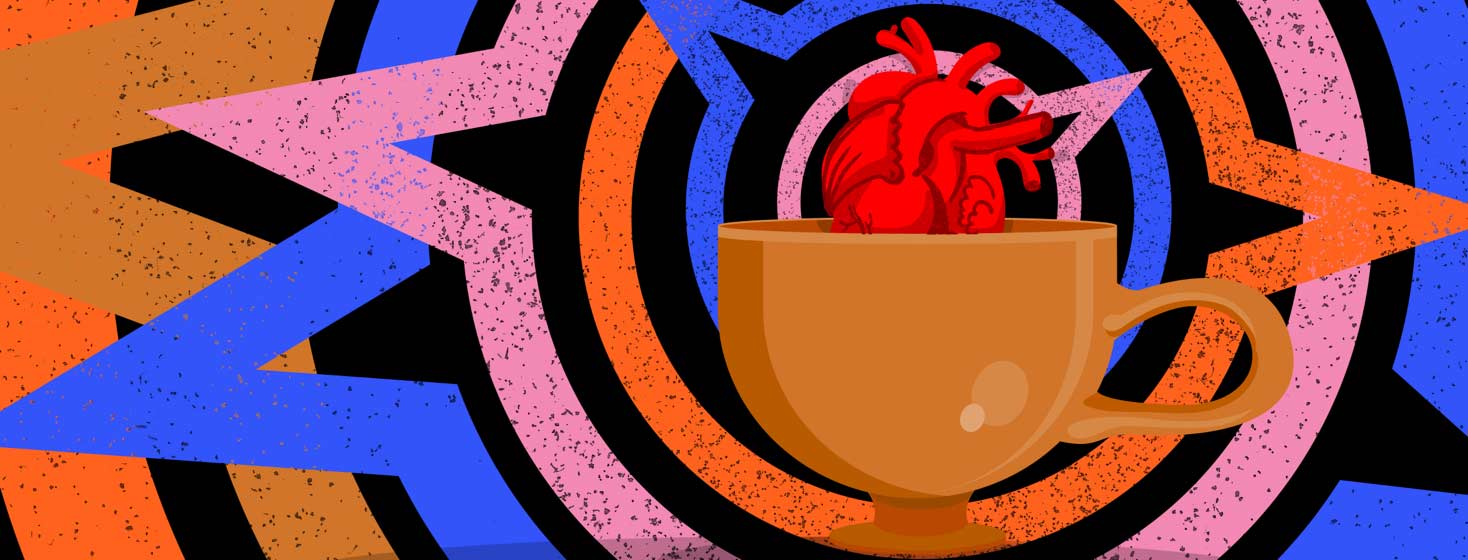Is Coffee Bad for the Heart?
There is nothing better than the sound and smell of coffee brewing early in the morning. For me personally, knowing that I can indulge in my morning blonde roast helps get me out of bed every morning. It is hard to fathom that something so delicious could possibly be harmful to our hearts. The internet is full of conflicting information regarding the effects of coffee. So which is it -- is coffee good for the heart, or potentially toxic?
Coffee or caffeine?
Let’s not defame coffee here - it’s not coffee itself that is the potential culprit, but rather the caffeine found in coffee. Caffeine is in coffee, tea, energy drinks, and chocolate amongst other things. Coffee contains other ingredients, such as niacin, potassium, and magnesium. However, there is not enough evidence to support that these ingredients have any effect on the heart. Therefore, we will analyze the effects of caffeine on the heart.
Caffeine’s effects on the heart
Once caffeine is consumed, its maximal effects are reached in one hour.1 Since caffeine is a stimulant, it can have various effects on the heart:
- Blood pressure - for people who don’t consume caffeine regularly, blood pressure can increase by up to 10 mmHg upon consumption of a caffeine-rich substance. This effect is seen more in people with high blood pressure already than those with normal blood pressure. The good news is that for people who consume caffeine regularly, there is little or no effect on the heart.2 Great - all the more reason to drink coffee daily!
- Diuretic - people who consume 2-3 cups of coffee (or 250-300 mg of caffeine) can experience a diuretic-like effect of short-term increase in urination. The catch is that this effect is only seen in people who don't consume caffeine regularly. For people who are habitual drinkers, coffee does not exert diuretic effects because tolerance develops.
- Heart rate and arrhythmias - studies have shown that caffeine, when consumed up to 400 mg, does not provoke arrhythmias or increase heart rate.3,4 People who have heart disease, however, should not consume large quantities of caffeine as there have been cases of people who do experience arrhythmias.
- Arterial stiffness - this refers to the stiffness of the walls of the arteries. When the arteries start to harden, there is an increased risk of development of blood pressure and stroke.5 Interestingly, caffeine can have short-term negative effects on the arteries, but the effect is more pronounced in smokers.6
- Cholesterol - there is no relationship between caffeine and cholesterol levels, but this only the case for filtered coffee. Unfiltered coffee can actually increase total cholesterol.7
The final verdict

Thankfully for us coffee lovers, ingesting moderate amounts of coffee - that is, less than 6 cups of coffee per day - is overall not linked to negative effects on the heart. Caffeine has actually been associated with a lower incidence of stroke in some studies - one study showed that women who drank 4 cups of coffee per day had 20% less risk of stroke than people who rarely drank coffee!8
My recommendation is to avoid energy drinks due to their high caffeine content. In addition, avoid regular ingestion of unfiltered coffee, and of course, try to abstain from smoking when possible. Overall, most people can safely continue their coffee intake, guilt-free!

Join the conversation